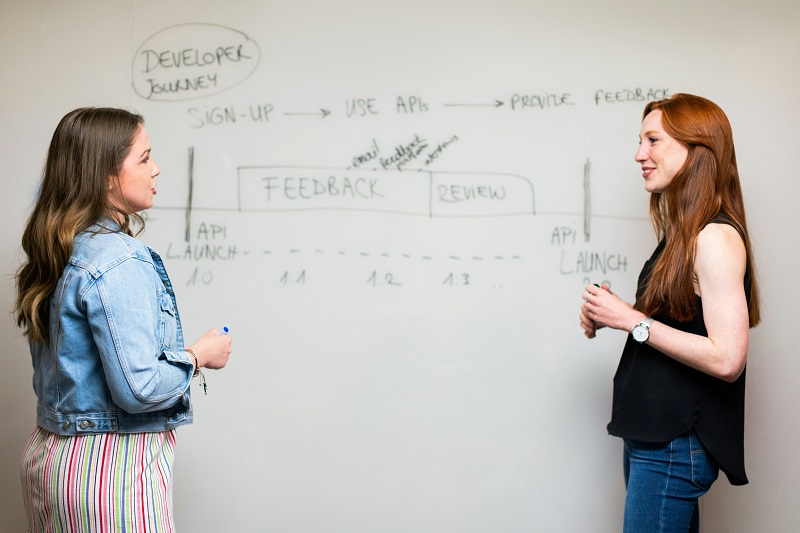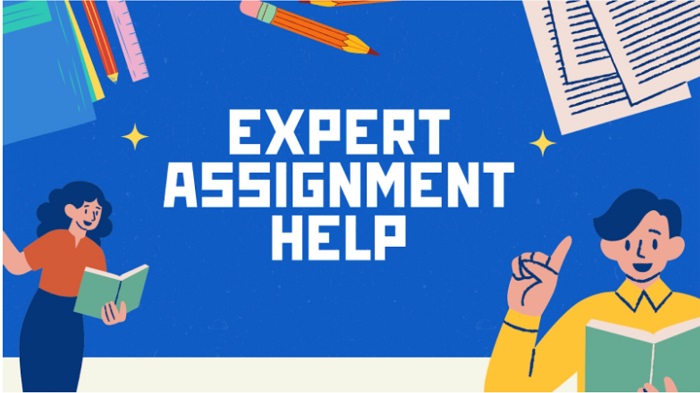Finding the right type of tutoring can significantly impact a student’s academic confidence and performance. Whether your child is struggling in class or aiming to reach the top tier of achievement, choosing between private and small group tutoring is a crucial step. For example, if you’re looking for a maths tutor in Newcastle, you’ll quickly notice options ranging from one-to-one sessions to structured group classes. Each method offers unique benefits depending on the learner’s goals, personality, and educational needs.
Individual Attention in Private Tutoring
One-to-one tutoring offers a highly personalized learning experience. The entire session is tailored to one student’s academic strengths and weaknesses. Tutors can immediately identify learning gaps and adapt their teaching style and pace accordingly. This is particularly helpful for students who are either falling behind or moving faster than their peers.
In private tutoring sessions, distractions are minimal. There’s no need to share time or compete for attention. This focused setting allows for deeper learning and faster progress. A good private tutor will also help build the student’s confidence by working closely on areas of struggle in a low-pressure environment.
The flexibility in scheduling is another significant advantage. Students and parents can choose session times that align with school, extracurricular activities, and family commitments. Whether the student learns best in the early morning or evening, private tutoring can accommodate those preferences.
Social Interaction and Peer Motivation in Small Groups
Small group tutoring involves two to six students learning together. While less individualized than one-to-one sessions, group learning has its own advantages. It can help reduce feelings of isolation and anxiety, especially in subjects where students may feel overwhelmed.
One of the main benefits is the chance for peer interaction. Hearing different questions and approaches to problems often leads to a broader understanding of the subject. Students can collaborate, challenge each other, and share strategies, creating a more dynamic learning environment.
Group sessions also tend to be more affordable. Since the cost is split among several students, parents can still access quality tutoring at a lower rate. This can be a practical solution for families with multiple children or those seeking long-term academic support.
Tutors in group settings often use structured lesson plans to keep all students on track. While this offers consistency, it may be less effective for students who need extensive one-on-one attention or have specific learning challenges.
Comparing Learning Outcomes
The impact of tutoring often depends on the student’s personality, learning style, and academic goals. Some students thrive in the quiet and supportive environment of private lessons, especially those with learning difficulties, attention challenges, or anxiety about speaking up in class.
Others benefit more from the collaborative atmosphere of small groups, where they can learn from peers and practice social skills. Group learning may also suit students who are performing at grade level and need moderate support rather than intensive intervention.
Younger students or those in foundational subjects may do better with individual attention, while high school or advanced learners might find small group sessions more stimulating and interactive.
Practical Considerations for Parents
When deciding between private and group tutoring, consider the following:
- Budget: Private tutoring is generally more expensive, while group sessions offer cost-sharing benefits.
- Schedule: Individual sessions offer more flexibility. Group sessions follow a set timetable.
- Learning Needs: If your child requires specialized support or has gaps in understanding, private tutoring may be the better choice.
- Personality: Introverted students might be more comfortable one-on-one, while extroverted learners could thrive in group discussions.
Final Thoughts
Choosing the right tutoring format is not just about the subject or price. It’s about matching the learning environment to the student’s needs. For example, if you’re seeking a maths tutor for a student who needs intensive, tailored guidance, a private tutor may be ideal. But if your child benefits from teamwork, shared learning, and a structured group pace, small group sessions can be just as effective.
Ultimately, the best approach often involves trial and evaluation. Speak with tutors, observe your child’s progress, and adjust as needed. With the right support, any student can grow academically and build lasting confidence.


















Leave a Reply